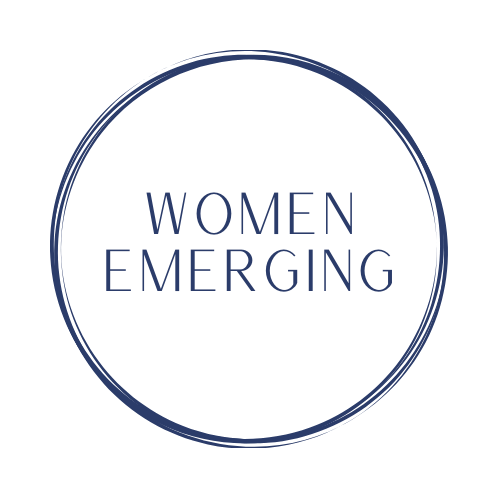What is the 5 AM Club? A popular concept that links early rising with peak productivity. But Michelle Arellano-Meza challenges its glorification, revealing how it overlooks inequality, neurodiversity, and caregiving realities. She invites us to rethink productivity and success. Read the full article to explore what this could mean for you.
I resent the clock every single day. It reminds me that I am always chasing something that I am not. I resent the idea that the clock represents: every minute of every hour of every day is accounted for, and we ought to be productive no matter what.
In today’s hustle-driven culture, the pursuit of self-optimisation is never-ending. We’re bombarded with productivity hacks, morning routines, and self-care advice—all designed to help us become the most efficient, desirable versions of ourselves. At the centre of this self-improvement machinery is a quiet, toxic message: you are only as worthy as you are productive or profitable.
And nowhere is this more evident than in the cult-like popularity of the 5 AM Club.
Time Management Fantasy
Waking up at 5 AM has been repackaged as the holy grail of success. According to its disciples, the early morning hours are a secret portal to discipline, clarity, and next-level achievement. But let’s be honest: who is this routine really for?
For many women—especially mothers, caregivers, neurodivergent individuals, or anyone navigating economic instability—the idea of voluntarily waking up before dawn to journal, meditate, exercise, and plan your empire is laughably out of touch. It’s not just unrealistic; it’s a performance of discipline that centres privilege and ignores structural inequality.
But this mindset demands that we do it all: don’t just manage your workload, manage your emotions; be productive, but don’t you dare look tired; optimise your mornings, your meals, your motherhood. If you fail, the fault lies with you—not the systems that exploit and exhaust you.
The pressure is silent yet heavy, and for a lot of us, it dismisses the experience of those whose nights are filled with crying babies, chronic insomnia or pain, shift work, or mental health struggles. It turns rest into yet another arena of failure if you don’t “use it wisely.”
Invisible People
The times when I do wake up at 5 AM, it’s not to quietly meditate and fill out an entry on my gratitude journal, it is more likely to manage to get a shower, and prepare breakfast and lunch for the kids and myself before school drop off and commuting to the office. The 5 AM club is not accounting for all the caretaking, sick days, or unpaid domestic work.
And yet, many women, including me, internalise the idea that if we could just wake up earlier, just plan better, just be more disciplined, we would feel less overwhelmed. But burnout is not a personal failure. It’s a byproduct of a society that refuses to support rest unless it is productive, performative, or profitable.
Also, as a neurodivergent individual, the glorification of rigid discipline can be deeply alienating. The “perfect” morning routine assumes that my brain wakes up clear and promptly, my body cooperates, and my nervous system is not already in overdrive. This narrative quietly punishes us for being exhausted by systems that drain us. If we can’t follow these routines and time management hacks, we are seen as lazy, undisciplined, or lacking willpower, when in reality, we are just operating in a world that refuses to accommodate the way our brain and life actually work.
A Different Wake-up Call
So before we praise the grind, we need to ask: What if we stopped measuring our success – and ultimately our worth – in early alarms, optimised schedules, clear to-do lists, and perfectly balanced routines, and started asking who taught us to see ourselves through this lens?
The productivity gospel was not written with everyone in mind. It was shaped by systems that thrive on overwork, that centre profit over people, that reward those who can perform energy, discipline, and control, while punishing those who can’t, or won’t.
Oftentimes, it is more beneficial to have a good rest, slow down our bodies and our minds, rather than pack another chore, another box to tick on our endless to-do lists, at the risk of “falling behind”. Slowness is not failure, and productivity is not always success and freedom.
If anyone asks, I’ll be sleeping for as long as I can in the mornings, and bring my kids to bed with me. I might not end up getting the worm, but I will surely be happier and rested.
* The idiom “the early bird gets the worm” means that those who act or take advantage of opportunities early in the day or in general have a better chance of success than those who delay.
About the author:
Michelle Arellano is an internationalist with over 15 years of experience in energy sustainability and climate change, bringing a multidisciplinary perspective that includes socio-economic and gender insights to an often technocratic sector. She is currently leading the Future Energy Leaders programme at the World Energy Council, where she promotes clean and just energy transitions for a healthier, more inclusive future for all.



